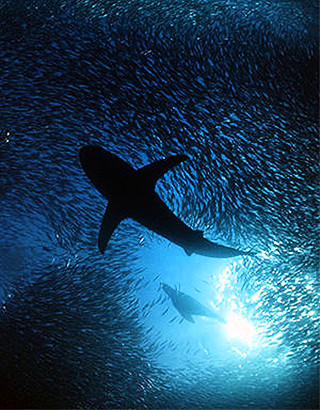The International Shark Attack File is based out of the Florida Museum of Natural History and the University of Florida. We are the only global scientifically verified database of shark attacks. This page is set up for the media community to provide up to date information about investigations on major shark attacks. You are welcome to quote the information provided here or please contact us directly.
Incident Notes
Classification of the recent shark attack in Australia
Bahamas Fatality
Recent increase in New York shark bites
Quick links

ISAF in the news
Who to Contact
Gavin Naylor PhD TEL: (352)-273-1954
Program Director ISAF
Florida Museum of Natural History
University of Florida
1659 Museum Rd
Gainesville, FL 32611 U.S.A
EMAIL: gnaylor@flmnh.ufl.edu.
Disclaimers
ISAF contains privileged information, such as medical reports, autopsies, and personal interviews, all of which are protected by HIPAA. Therefore access to this information is limited
Investigations are generally ongoing. Final classifications of type of attack and species involved are not determined for some time to allow for all information to be investigated. Therefore, ISAF does not release bite numbers for incidents in the current year.